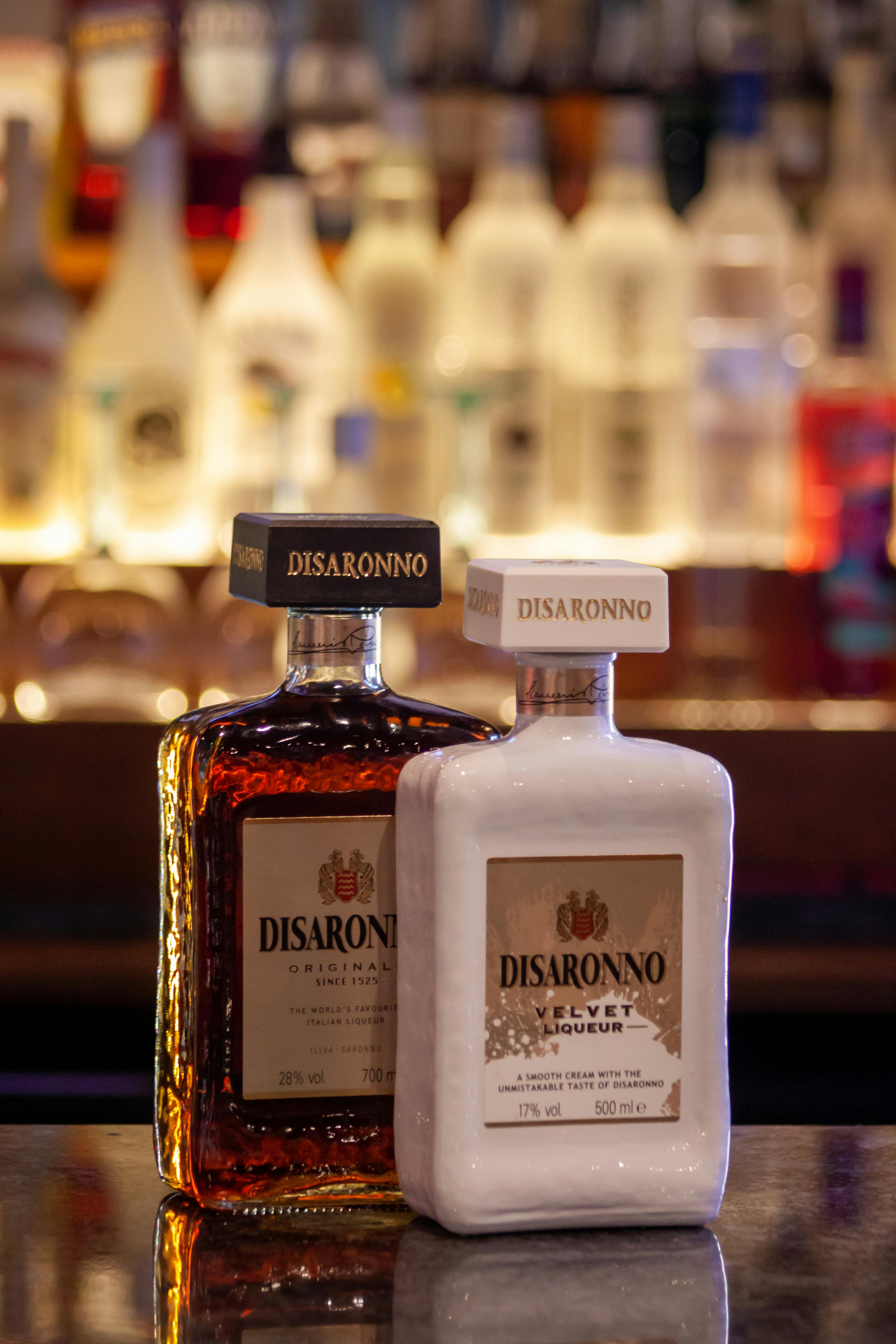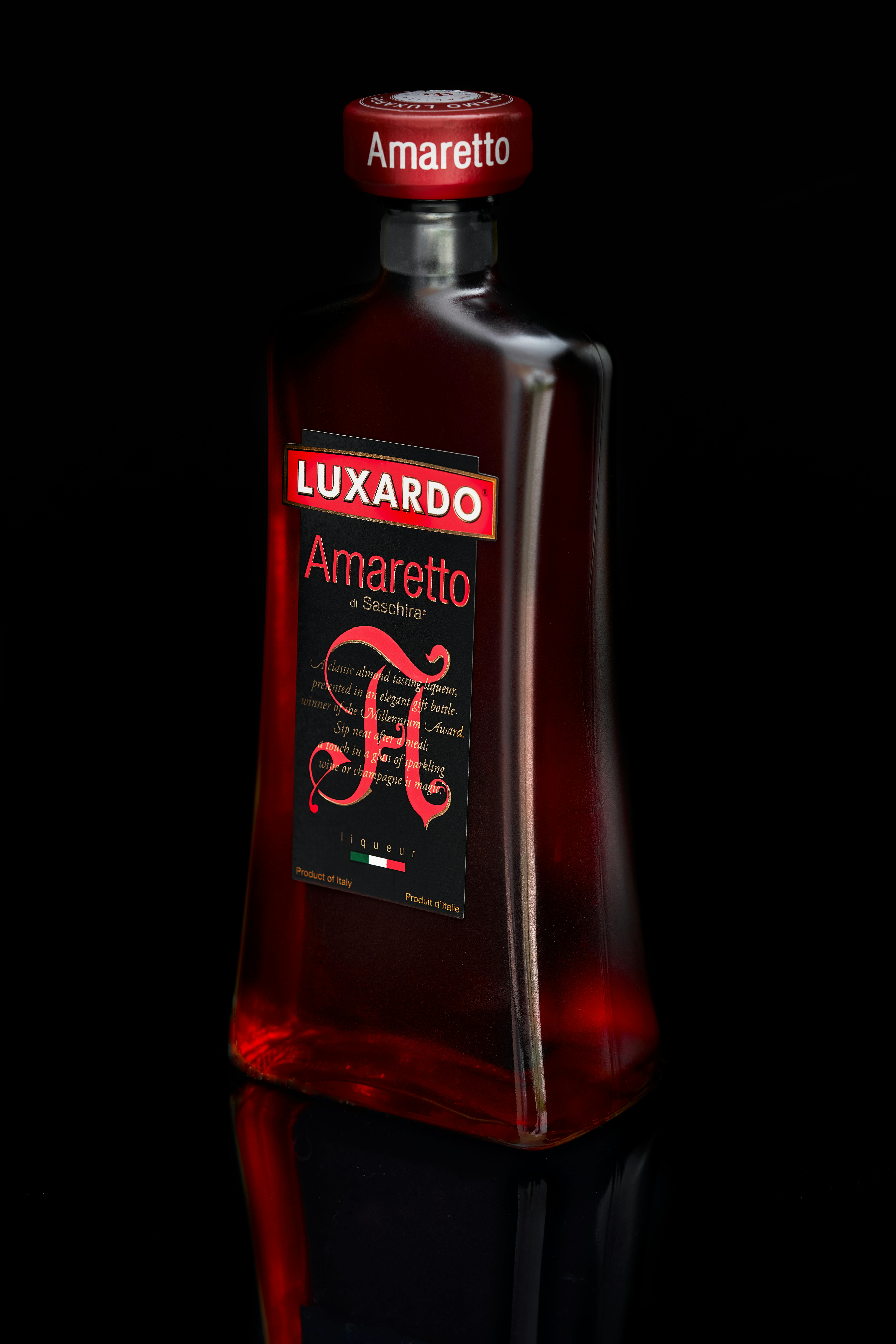Is Amaretto gluten-free?
Amaretto is a type of Italian liqueur with a strong almond flavor. It is widely used in many desserts and drinks. Many people wonder if this popular beverage is gluten-free or not. The answer to this question is yes, amaretto is generally gluten-free.
The main ingredient in amaretto is apricot pits or almonds, which are naturally gluten-free. Other ingredients such as sugar and flavoring may contain gluten. However, most brands of amaretto use only gluten-free ingredients in their products, so it’s safe to assume that most amaretto products are gluten-free.Amaretto is an Italian liqueur with a sweet almond flavor. It is made from a base of apricot or almond pits, or sometimes both. The nutty, sweet taste of the liqueur has made it a popular choice for cocktails and other drinks. Amaretto is also commonly used as an ingredient in baking, ice cream and other desserts. It is often used to flavor coffee and cappuccino as well.
Amaretto can be found in various forms, including flavored syrups, ready-made cocktails, and pre-mixed bottled drinks. The most common type of Amaretto is made with pure almond extract, though some brands may use fruit extracts as well. Typically, it has an alcohol content between 30 and 50 proof. Amaretto can also be served neat or on the rocks with a slice of orange or lemon for garnish.
Contents
What is Gluten?
Gluten is a protein that is found in grains like wheat, rye, and barley. It is responsible for giving bread its shape and texture and helps to bind dough together. Gluten can also be found in some processed foods, such as some pastas, cereals, and snack foods. For people with Celiac Disease or gluten intolerance, it is important to avoid any foods that contain gluten.
People who have Celiac Disease are unable to process gluten properly. This can lead to serious health issues if they consume foods containing gluten. Symptoms of Celiac Disease include abdominal pain, bloating, diarrhea, fatigue, and weight loss. People with Celiac Disease must follow a strict gluten-free diet in order to manage their symptoms and avoid further complications.
Gluten intolerance is similar to Celiac Disease but less severe. People with gluten intolerance may experience similar symptoms as those with Celiac Disease but usually are not as severe or long lasting. While they may not need to follow a strict gluten-free diet like those with Celiac Disease do, it is important for them to be mindful of the foods they eat and make sure that any processed food does not contain hidden sources of gluten.
Is Amaretto Gluten-Free?
Amaretto is a popular Italian liqueur flavored with almonds, apricot pits, or both. It has a characteristic sweet, nutty almond flavor that is often used in baking and cocktails. Many people want to know if Amaretto is gluten-free and the answer is yes. Since it is made from almonds and not grains, it does not contain any gluten.
However, it’s important to note that some Amaretto brands on the market may include wheat or other grains as an ingredient in their recipes. Therefore, it’s always important to read labels carefully before purchasing or consuming any type of alcoholic beverage.
In addition, some Amaretto liqueurs are made with grain alcohols such as barley or rye which contain gluten. So if you have an intolerance to gluten then you should avoid these types of Amarettos and instead opt for those made from more natural ingredients such as almond extract and sugar syrup.
While Amaretto itself may be considered gluten-free, it’s important to note that most cocktails containing this liqueur are not gluten-free since they often include other ingredients such as beer or whiskey which contain gluten. Therefore, if you’re looking for a gluten-free cocktail option then opt for one that doesn’t use any type of grain alcohol or beer such as a Margarita or a Mojito.
In conclusion, Amaretto itself is generally considered gluten-free but it’s important to read labels carefully before consuming any type of alcoholic beverage as some brands may contain wheat or other grains in their recipe. Additionally, most cocktails containing this liqueur are not considered gluten-free due to the presence of other ingredients containing gluten such as beer or whiskey so be sure to choose your cocktail wisely!
Ingredients of Amaretto
Amaretto is an Italian liqueur made with a base of either apricot pits, almonds or both. This popular liqueur is enjoyed in a variety of cocktails and desserts, as well as on its own. The ingredients used to make Amaretto are closely guarded secrets, but these are the common components:
- Apricot or almond extract
- Cane sugar syrup
- Alcohol
- Caramelized sugar syrup
- Vanilla extract
- Glycerine
The exact proportions and ingredients may vary depending on the brand of Amaretto. Some may contain additional flavorings such as citrus oils, spices, or other sweeteners. There are also non-alcoholic versions available which are made with natural extracts and fruit juices. Regardless of the recipe, all versions must contain at least 14% alcohol by volume in order to be considered an official Amaretto liqueur.
Gluten Sensitivity and Allergies
Gluten sensitivity and allergies are two very different conditions, with different symptoms and treatments. Gluten sensitivity is a milder form of gluten intolerance, while an allergy to gluten is much more serious, often causing life-threatening reactions. Understanding the differences between these two conditions can help you identify which one you may be experiencing and take the necessary steps to treat it.
Gluten sensitivity is marked by an immune response to gluten, causing abdominal pain, bloating, fatigue, headaches, and other digestive issues. While the severity of the symptoms can vary from person to person, generally they are not life-threatening and can be managed through diet. A gluten-free diet eliminates or greatly reduces the amount of gluten consumed in order to reduce or eliminate symptoms.
An allergy to gluten is a much more serious condition. It can cause anaphylaxis, a life-threatening reaction with symptoms such as difficulty breathing and a drop in blood pressure. If you suspect that you have an allergy to gluten it’s important to see an allergist for proper diagnosis and treatment. Treatment typically includes avoiding all sources of gluten as well as taking medications such as antihistamines or epinephrine shots.
In conclusion, understanding the difference between gluten sensitivity and allergies is important for getting proper diagnosis and treatment. It’s important to talk with your doctor if you experience any of the above mentioned symptoms so that you can get the help you need.

Does Alcohol Contain Gluten?
Alcoholic beverages are made from a variety of grains, such as wheat, barley and rye, which contain gluten. Therefore, some alcoholic beverages can contain gluten. Beer is the most commonly consumed alcoholic beverage that contains gluten due to the presence of barley and wheat. For example, ales, lagers, stouts and porters all contain gluten. Hard ciders are also known to contain gluten in some cases as they are made with barley malt.
Wine is generally thought to be gluten-free as it is made from grapes and does not use any grains containing gluten in the production process. However, some wines do contain trace amounts of gluten due to additives used in the winemaking process such as fining agents or flavorings.
Distilled spirits like vodka, whiskey, rum and gin are also considered to be generally gluten-free as the distilling process removes any proteins from the grain that could contain gluten. However, it is still important to check labels for added flavorings or other ingredients that may contain gluten.
In conclusion, most alcoholic beverages can contain varying amounts of gluten depending on the ingredients used during production or added afterwards for flavoring. It is important for those with celiac disease or other forms of non-celiac gluten sensitivity to read labels carefully when selecting alcohol products in order to ensure they are consuming a truly gluten-free beverage.
Benefits of Amaretto
Amaretto is a sweet, almond-flavored Italian liqueur that is often enjoyed as a digestif or as a mixer in cocktails. It has been around for centuries, and its many health benefits have been appreciated by people all over the world. Here are some of the key benefits of Amaretto:
Antioxidant Properties: Amaretto contains antioxidants that can help to protect the body from oxidative damage caused by free radicals. These free radicals can cause cell damage and increase the risk of disease. The antioxidants in Amaretto can help to reduce this risk.
Digestive Health: Amaretto has digestive properties that can help to enhance digestion and reduce symptoms of indigestion. The liqueur can also act as an appetite stimulant, increasing your desire for food.
Cardiovascular Health: The antioxidants present in Amaretto can help to protect the heart and arteries from damage caused by free radicals. This helps to reduce the risk of heart disease, stroke, and other cardiovascular problems.
Pain Relief: Amaretto contains compounds that have analgesic properties, which means they can help to relieve pain. These compounds are known to be effective against headaches, muscle pain, cramps, and other types of discomfort.
Overall, Amaretto is an excellent choice for those looking for an alcoholic beverage with many health benefits. Its antioxidant properties can help to protect the body from oxidative damage and its digestive properties can improve digestion. Additionally, it may provide relief from certain types of pain.
How to Choose a Gluten-Free Amaretto
When it comes to choosing a gluten-free amaretto, there are many factors to consider. The most important thing is to make sure the product is certified gluten-free. This can usually be found on the product label or you can check the company’s website for more information.
It is also important to read the ingredients list of any amaretto you are planning on purchasing. Many times, wheat or barley derivatives are added as a flavoring agent and they will be listed on the label. Other ingredients such as alcohol and sugar may not contain gluten, but they should still be checked for allergens before purchasing.
In addition, look for amaretto that has been produced in a dedicated gluten-free facility. This ensures that there are no cross contamination issues with other products in the same facility that contain gluten. If possible, look for brands that have been tested and verified by an independent third party like the Gluten Intolerance Group (GIG).
Finally, it’s always a good idea to double-check with the manufacturer if you have any questions about their product’s ingredients or manufacturing processes. Most companies will be happy to answer any questions you may have about their products and how they’re produced. By doing this research, you can rest assured that you’re getting a truly gluten-free amaretto product.

Conclusion
In conclusion, amaretto is a popular Italian liqueur made from apricot or almond kernels. It is traditionally gluten-free as it does not contain any wheat, barley or rye. However, some brands may contain traces of gluten due to the added ingredients and manufacturing process. Therefore, it is important to check the label before consuming amaretto if you have a gluten intolerance or celiac disease. If unsure, it is best to consult your doctor before consuming any alcoholic beverage.
Overall, amaretto can be included in a gluten-free diet when consumed in moderation and the label indicates that it is free from wheat, barley and rye. It can be enjoyed as a cocktail ingredient or enjoyed on its own as an after dinner drink. Enjoy responsibly!
0 Comments